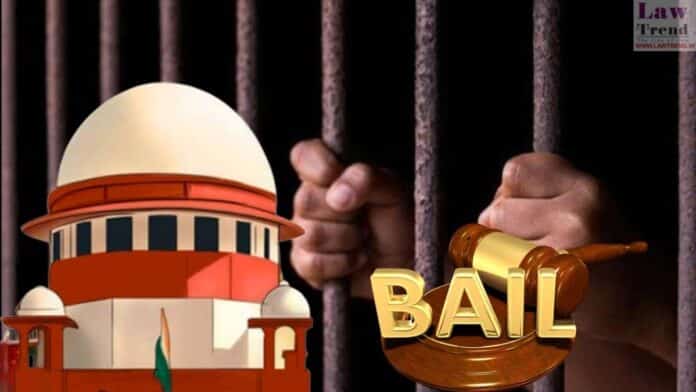The Supreme Court of India, in a ruling delivered by Justice Dipankar Datta and Justice Ahsanuddin Amanullah, has dismissed a review petition filed by Vitthal Damuji Meher, who sought reconsideration of the Court’s earlier decision cancelling his bail. The review petition was filed in Vitthal Damuji Meher v. Manik Madhukar Sarve & Ors. (Review Petition
To Read More Please Subscribe to VIP Membership for Unlimited Access to All the Articles, Download Available Copies of Judgments/Order, Acess to Central/State Bare Acts, Advertisement Free Content, Access to More than 4000 Legal Drafts( Readymade Editable Formats of Suits, Petitions, Writs, Legal Notices, Divorce Petitions, 138 Notices, Bail Applications etc.) in Hindi and English.




